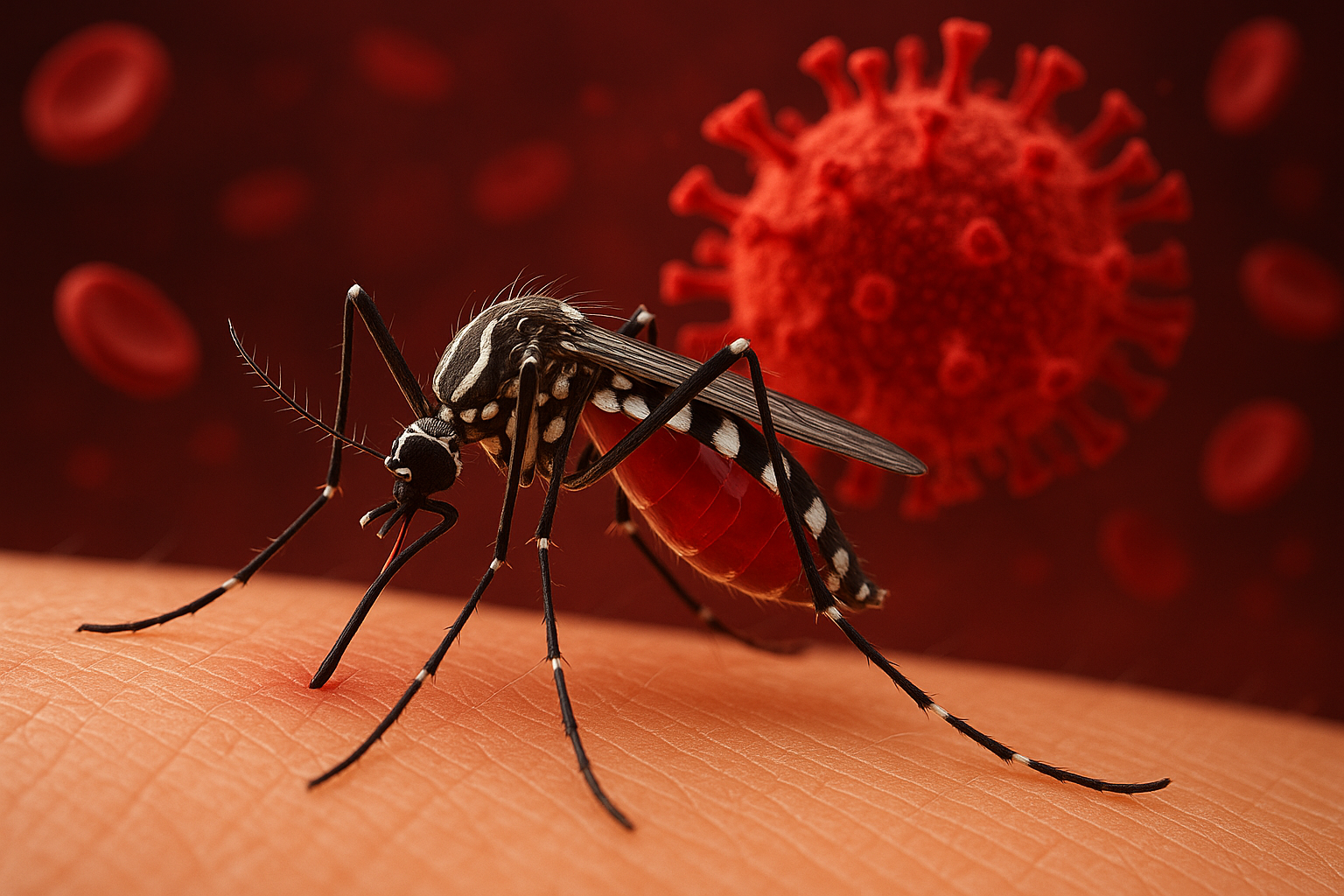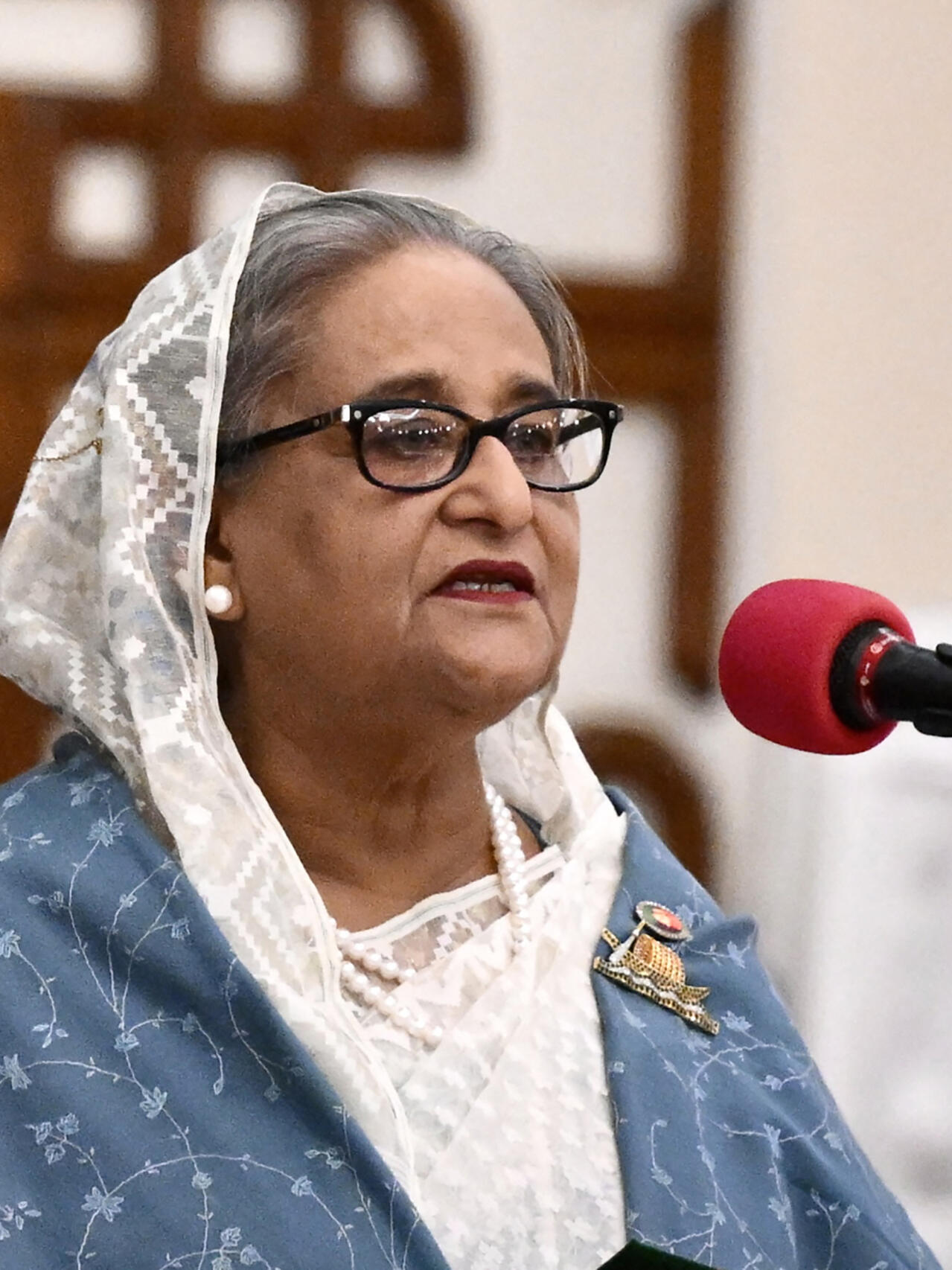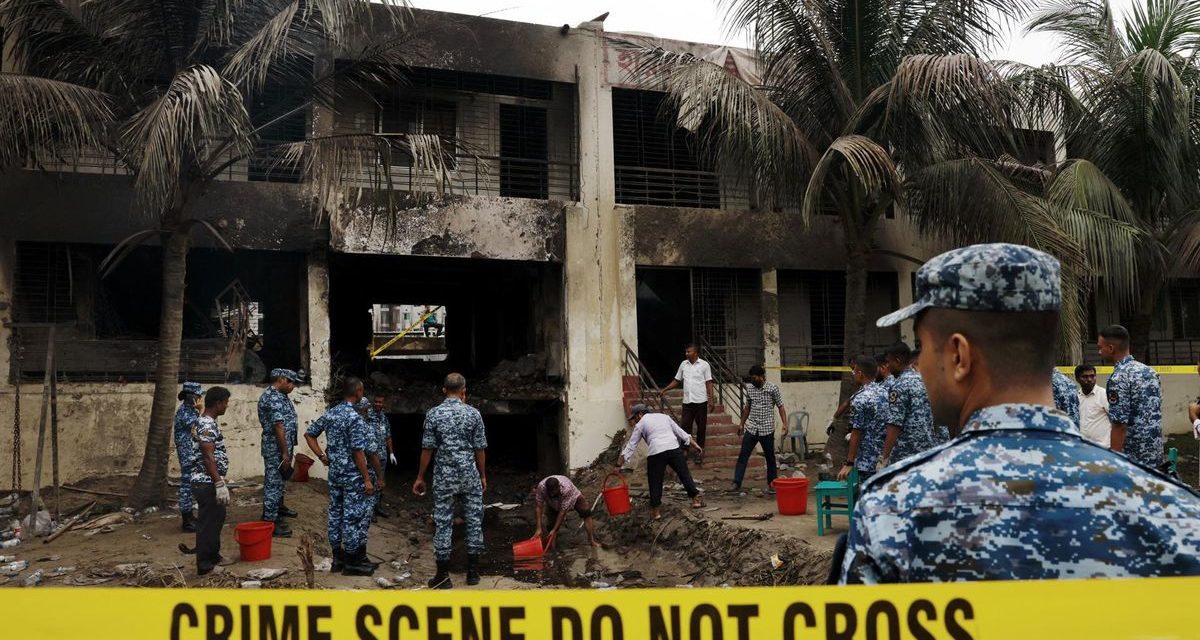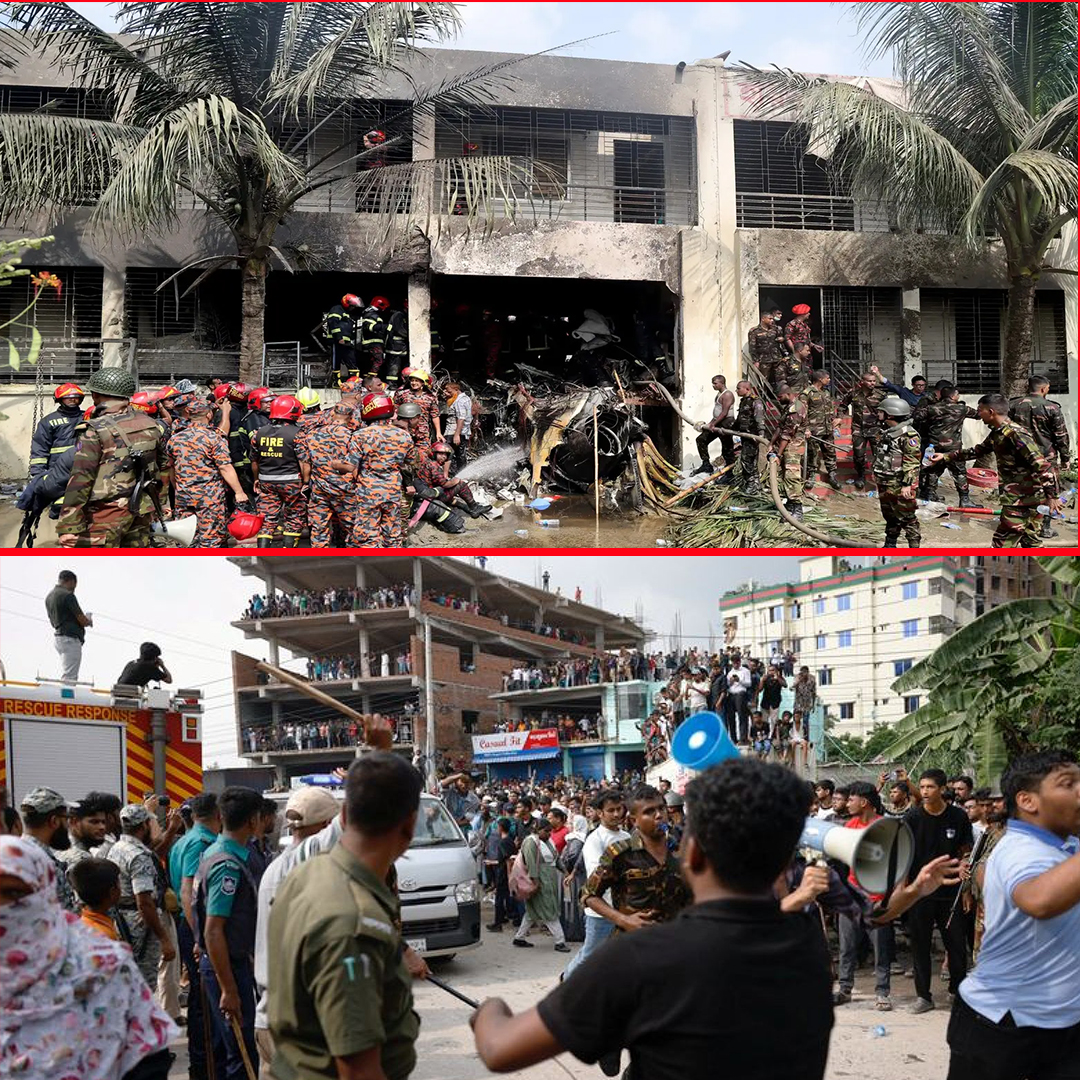
Over 1,160 hospitalized in three days as total infections cross 11,000; experts urge urgent nationwide mosquito control measures
Bangladesh is currently facing a concerning escalation in dengue infections, with a sudden surge in hospital admissions observed at the very beginning of July 2025. Within just the first three days of the month, more than 1,160 people were admitted to hospitals across the country due to dengue fever. This sharp increase follows a total of 5,951 recorded cases in June, signaling a serious and growing public health threat as the monsoon season sets in.
According to data released by the Directorate General of Health Services (DGHS), the cumulative number of confirmed dengue cases this year has already reached 11,456 by July 3. The death toll has risen to 45, with one new fatality reported in the 24-hour period ending on that date. In the same reporting window, an additional 358 patients were hospitalized, underscoring the rapid pace at which the virus is spreading.
The dengue outbreak, which typically intensifies during the rainy season due to increased breeding grounds for mosquitoes, appears to be gaining momentum earlier than anticipated this year. Public health experts and medical professionals are voicing growing concern that without prompt and strategic action, the situation may spiral beyond control.
Health ministry adviser Professor Dr. Sayedur Rahman has acknowledged the seriousness of the current trend. While he assured the public that the government is prepared to tackle the outbreak, he cautioned that managing the crisis will become increasingly difficult if infections continue to rise at this rate. He emphasized the importance of early intervention and a coordinated national response to prevent further escalation.
In response to the mounting caseload, the government has accepted assistance from international partners. Notably, China has donated a batch of Dengue Combined Kits to Bangladesh, aiming to boost the country’s capacity for rapid testing and diagnosis. These kits are expected to be distributed among public hospitals and clinics, particularly in high-incidence zones, to ensure quicker identification of cases and timely medical intervention.
As hospitals begin to see a steady rise in admissions, many experts are highlighting the importance of mosquito control as a primary line of defense. Entomologists and epidemiologists have been particularly vocal about the need to move beyond traditional methods like fogging, which they argue has limited effectiveness when used indiscriminately. Instead, they are advocating for a more targeted and scientific approach to vector control.
Professor Kabirul Bashar, a noted entomologist and professor at Jahangirnagar University, stressed the need for a shift in strategy. He recommended larviciding and the use of Insect Growth Regulators (IGRs) as more effective tools for long-term mosquito control. Unlike fogging, which kills adult mosquitoes only in a specific area at the time of spraying, IGRs work by disrupting the mosquito life cycle and preventing larvae from maturing into adult mosquitoes. These treatments can remain effective for up to three months and require less frequent application.
Professor Bashar also urged local authorities to expand mosquito control activities beyond the capital, Dhaka, to include all 64 districts of the country. He pointed out that limiting interventions to Dhaka alone is insufficient, as many districts have already reported rising infection rates. According to him, national-scale community involvement is vital. Simple actions like emptying water from flower pots, discarded containers, air coolers, and rooftops can significantly reduce mosquito breeding. Without public participation, he warned, vector control efforts will fall short.
Another expert, Dr. G.M. Saifur Rahman, echoed similar concerns. He highlighted that the Aedes mosquito population is multiplying at an alarming rate. More worryingly, he noted that infected female mosquitoes can lay eggs that are already carrying the dengue virus, meaning future generations of mosquitoes can transmit the disease from the moment they bite. This ability to perpetuate the virus through generations significantly increases the risk of wider outbreaks, even in areas where infected mosquitoes were previously not found.
Dr. Rahman called for the creation of a dedicated national vector-control department. Such an institution would be tasked with conducting regular entomological surveillance, mapping mosquito breeding hotspots, and applying appropriate control measures based on scientific data. He believes that such a department would allow for a more consistent and technically sound response to outbreaks, reducing dependency on reactive measures and political decision-making.
The early surge in dengue cases this year has raised alarms among public health authorities, especially given the country’s experience with deadly outbreaks in the past. Experts warn that unless swift and organized steps are taken, the healthcare system could soon become overwhelmed. Public hospitals in major cities are already preparing for increased patient loads, and emergency response teams are being mobilized to help manage the caseload.
In the meantime, the public is being advised to remain vigilant. Authorities are urging citizens to eliminate standing water in and around their homes, use mosquito nets, and seek medical attention promptly if symptoms such as high fever, severe headache, joint and muscle pain, or skin rashes appear. Early detection remains critical in preventing severe complications, including hemorrhagic fever and death.
Although the government maintains that the situation is under control, the rapid increase in cases during the early days of July serves as a clear warning. Continued cooperation between health authorities, municipalities, and the public will be essential to limit the spread of the disease and prevent a full-blown national health crisis.
source : thedailystar







